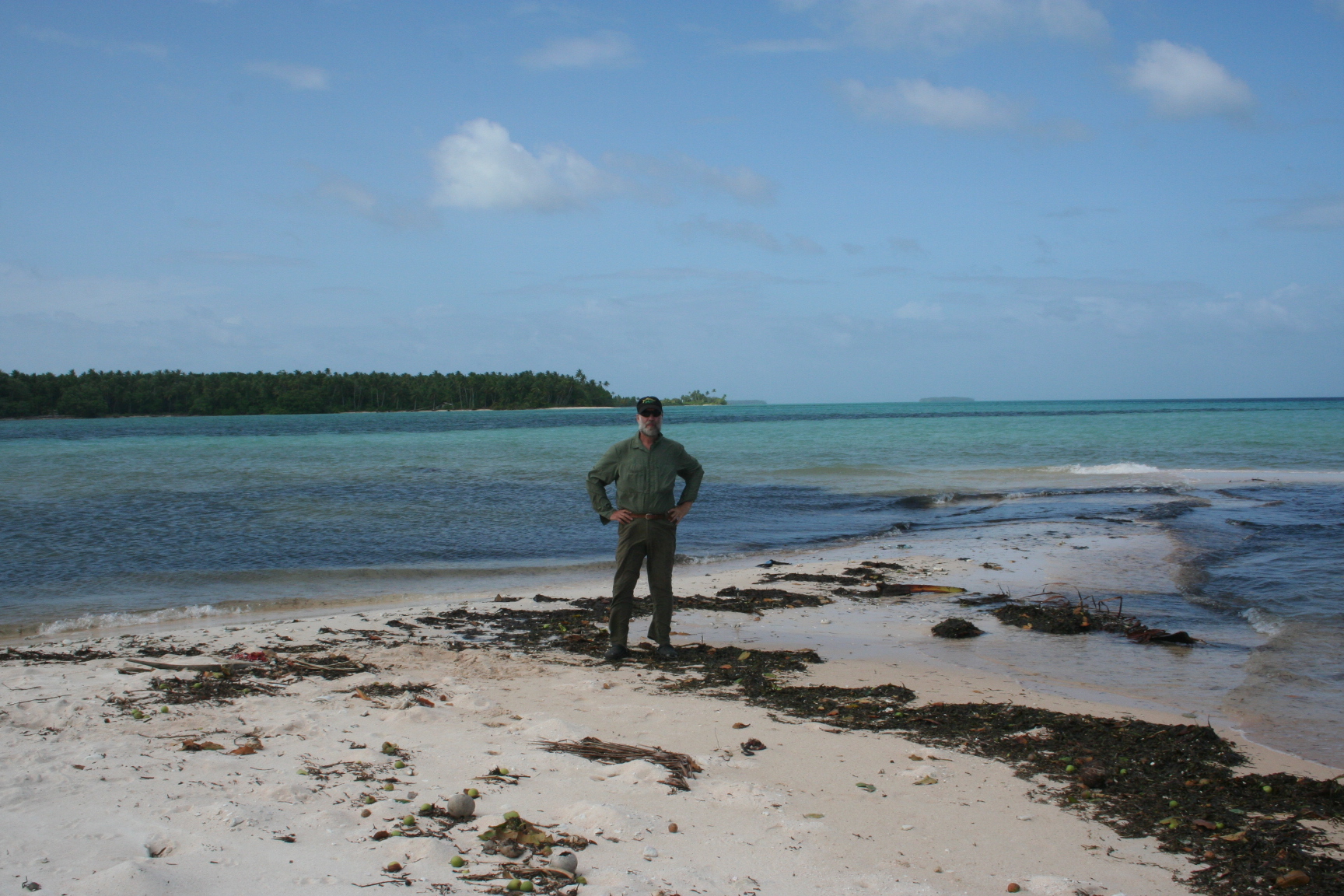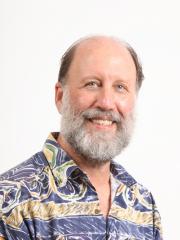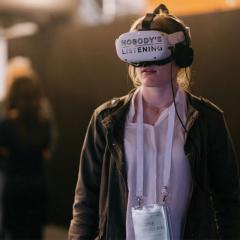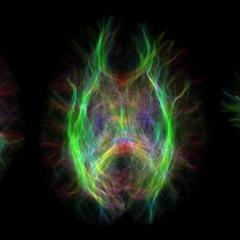2022 Jay Hall Annual Lecture (in person)
About the Lecture 
Nearly everyone has expressed interest in archaeology at one time or another, usually centred on the Egyptian pyramids, the latest fossil human ancestor discovered in Africa, or episodes of the UK’s widely popular Time Team. Beyond the sensational headlines, what can archaeology contribute to our modern world? Can the ancient past help us understand the present, then provide direction towards a better future? In this year’s Hall Lecture, I reflect on some of my research projects that reveal the wonder, resilience, and remarkable achievements of sea-faring communities that lived in the Pacific Islands for millennia.
About the Speaker 
Since receiving my PhD at the Univers ity of California at Berkeley in 1993, I took a position as Chief Archaeologist at the Historic Preservation Office, Republic of the Marshall Islands (4000 km northeast of Brisbane). I simply could not refuse to work amongst a 1000 km swath of islands that were scarcely 2 m above sea level. How did people live on such precarious islands for 2000 years? From 1995 until coming to UQ in 2004, I had my first academic appointment at the University of Otago, New Zealand where I engaged in local archaeology. I will never forget digging up an upper leg bone the size of a cow that was from a flightless bird called moa which stood 2 m high. Taking over as Head of Archaeology after the retirement of Jay Hall in 2006, I continued to work across the Pacific Ocean from New Guinea to Rapa Nui (Easter Island) publishing nearly 200 articles on a vast array of topics and research questions that I continue to pursue during my retirement.
ity of California at Berkeley in 1993, I took a position as Chief Archaeologist at the Historic Preservation Office, Republic of the Marshall Islands (4000 km northeast of Brisbane). I simply could not refuse to work amongst a 1000 km swath of islands that were scarcely 2 m above sea level. How did people live on such precarious islands for 2000 years? From 1995 until coming to UQ in 2004, I had my first academic appointment at the University of Otago, New Zealand where I engaged in local archaeology. I will never forget digging up an upper leg bone the size of a cow that was from a flightless bird called moa which stood 2 m high. Taking over as Head of Archaeology after the retirement of Jay Hall in 2006, I continued to work across the Pacific Ocean from New Guinea to Rapa Nui (Easter Island) publishing nearly 200 articles on a vast array of topics and research questions that I continue to pursue during my retirement.
About Alumni and community events
UQ alumni and community events take place in-person and online, across the globe, throughout the year. UQ alumni are invited to join the UQ ChangeMakers platform to access early event registrations, benefits and discounts.



